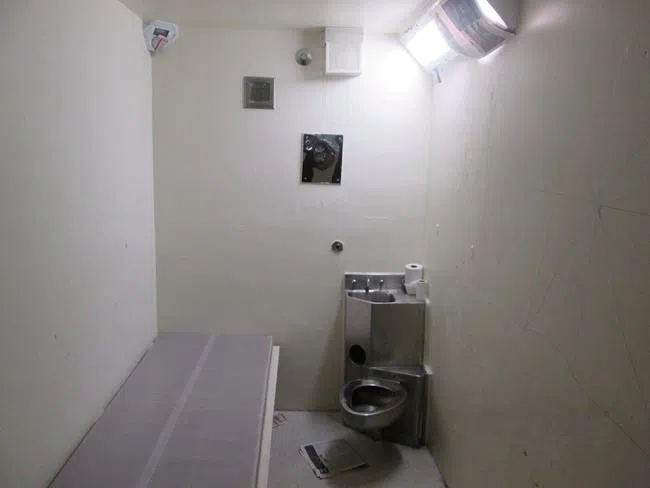
Delay rejected in lawsuit challenging solitary confinement on charter grounds
VANCOUVER — A leading civil liberties group says a judge has denied a request to delay a lawsuit that challenges the use of indefinite solitary confinement in federal prisons.
The Attorney General of Canada asked the Supreme Court of British Columbia to adjourn the trial scheduled to begin next Tuesday after the federal government introduced legislation that would restrict the use of solitary confinement.
But the British Columbia Civil Liberties Association says the court has decided the case should go ahead as scheduled.
The association and the John Howard Society of Canada are co-plaintiffs in the case and argued the amendments introduced by Ottawa do not comply with the Charter of Rights and Freedoms.


